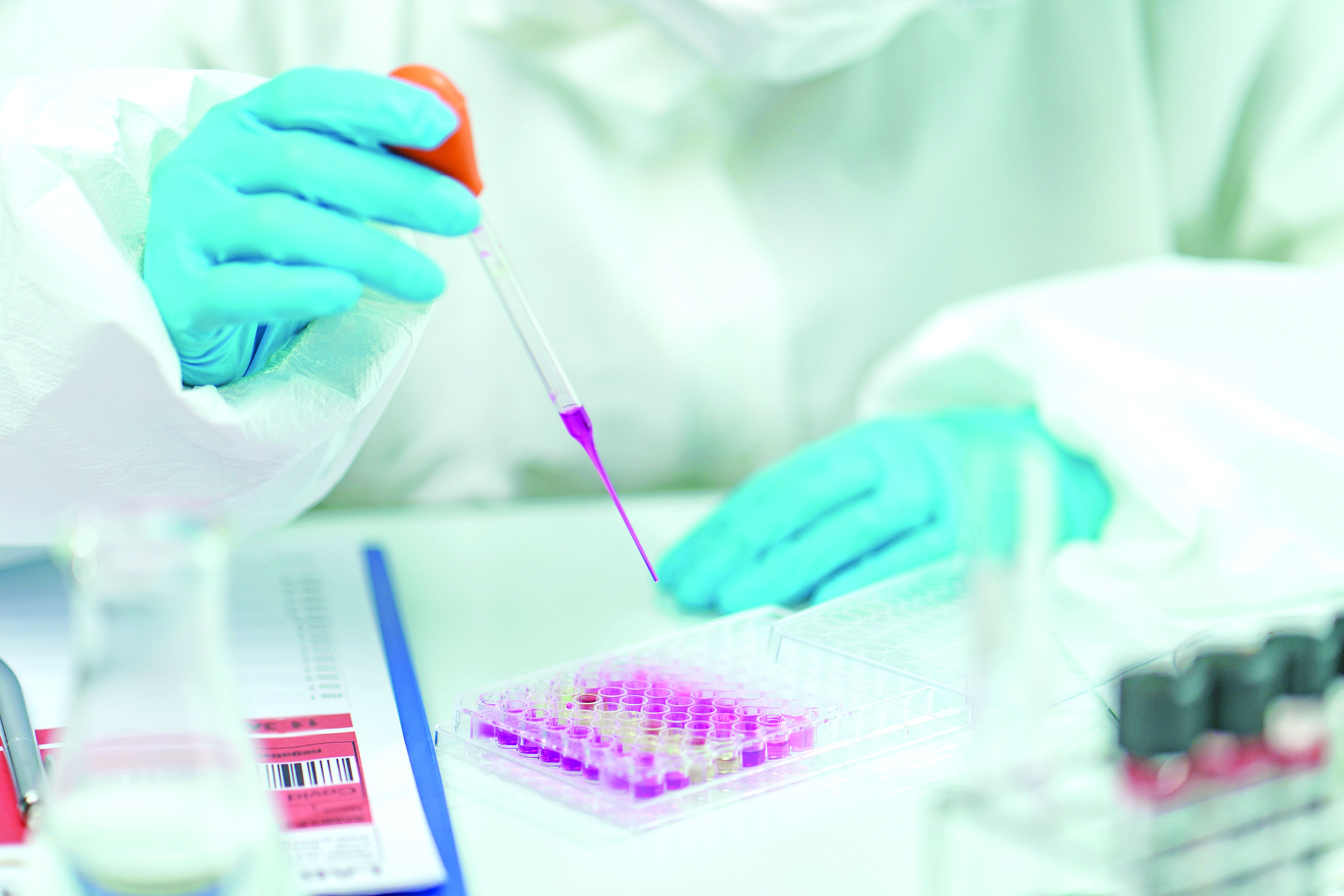


The Coronavirus pandemic demonstrated to all of us that we are not prepared well enough to prevent an epidemic. However, what we can do is to limit the spread of infectious diseases by applying swift response measures, as required. The new Coronavirus put huge pressure on the counties on both sides of the Romanian-Hungarian border, due to the high level of traffic through the border-crossing points. As everyone had to adapt on the go to this health crisis, the hospitals working for communities situated in the border area had to do the same thing twice as fast.
“For the Arad County Council, the fight against COVID -19 was a challenge. An estimate places the number of Romanians transiting our county, as they were coming back into the country, around the figure of 1 million people. This also resulted in a high number of infections among the local community in Arad”, Mr Iustin Cionca, the president of Arad County Council, explained. Working together in partnership with the Csongrád County Health Care Center - Hódmezővásárhely-Makó, the Arad County Council aims to contribute to an improvement in the quality of medical services and the safety of patients within the border-based communities.
Thus, three hospitals have become partners in the ROHU-361 StopGerms project, to jointly prevent and monitor the infectious diseases and the hospital-acquired infections. Almost 2.55 million EUR (ERD F) is allocated through this project in order to develop infrastructure, to procure medical equipment and to organize several workshops, which are aimed at identifying advanced methods for prevention and treatment in the case of infectious diseases and some joint protocols in case of epidemics. The beneficiaries of this project are Dr. Diósszilágyi Sámuel Hospital in Makó, Erzsébet Hospital in Hódmezővásárhely (member institutions of the Csongrád County Health Care Center) and the Arad County Clinical Emergency Hospital. The hospital in Arad benefits from a new building and from state-of-the-art equipment, due to this project. Because of the pandemic, this health care unit reconfigured the required equipment for the Infectious Diseases Department. 15 emergency trolleys, 2 video laryngoscopes, 25 mobile secretion aspirators and 25 air purifiers had to be purchased over a short time.
As regards the Hungarian Beneficiary, StopGerms translates into two partially refurbished and reorganized hospital departments; furthermore, both health care units will receive new cleaning and sanitary equipment. Moreover, the experts within the Csongrád County Health Care Centre Hódmezővásárhely-Makó aim at preparing an efficient strategy for prevention of hospital-acquired infections, including the purchase of a “…software which can help to control the quality of cleaning, and a device which can be used for the monitoring of the hand sanitizing habits of the medical staff […] With the help of the device we will teach the inhabitants, including students and the elderly to sanitize their hands correctly, which is very topical at the time of COVID -19”, specified Mrs Gyurisné Pethő Zsuzsanna, project manager. In addition, the Hungarian experts will share their relevant experience with the professionals from Arad.
Thus, more and more wins may be recorded in the “war” against infectious diseases for the 442,155 patients on both sides of the border.
